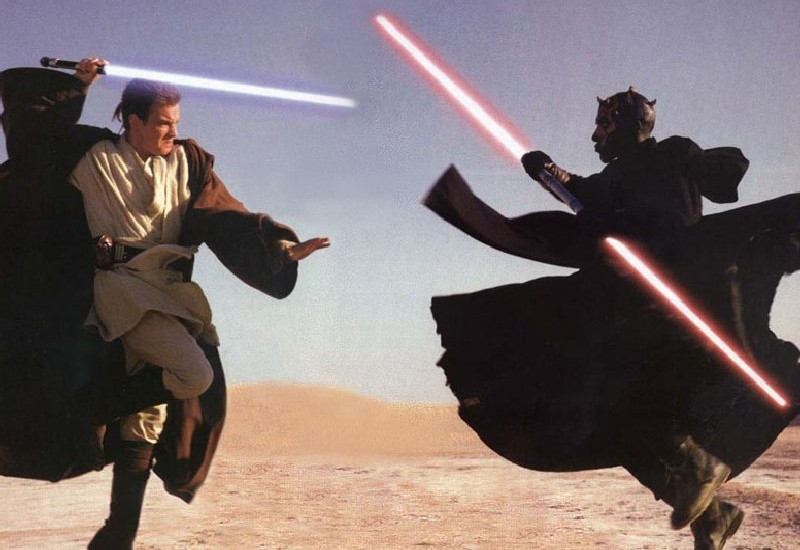Ahoy hoy! Reminder: this is not a full review. Instead we just take a closer look at one or two things because if we didn’t show restraint there’d be a big wordy mess on your screen right about now. As always, SPOILERS from here on out.
This week on Rebels, Twin Suns – oh, you know what happened. It was beautiful.
Rebels Recon
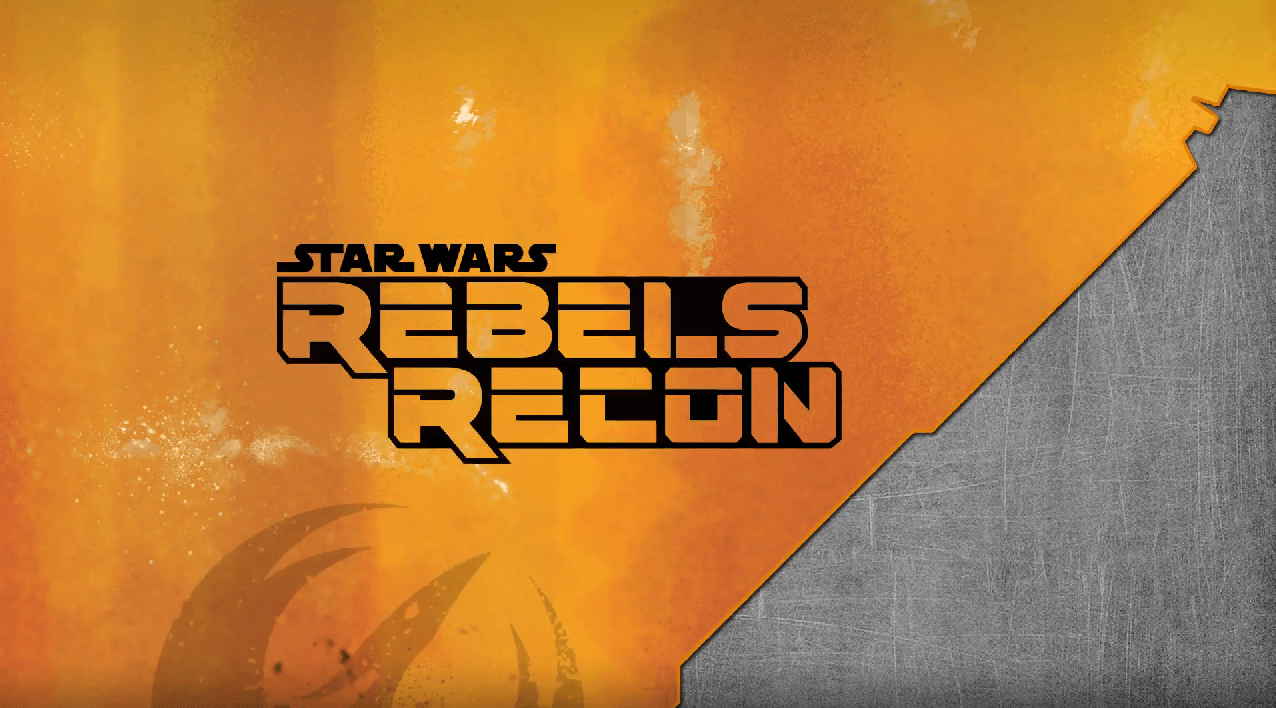
This isn’t really a full point but I feel the need to say this. If you don’t already watch Rebels Recon, fair enough, but for this one episode I’d highly recommend doing so. Usually, each Recon only briefly goes behind the scenes. For this episode they delve much, much deeper so that you can see for yourself just how much effort they put into even the tiniest detail.
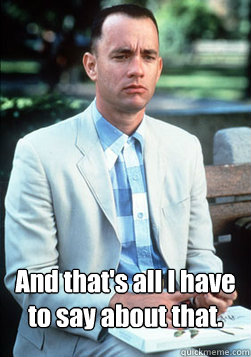
The Infantilisation of Ezra Bridger
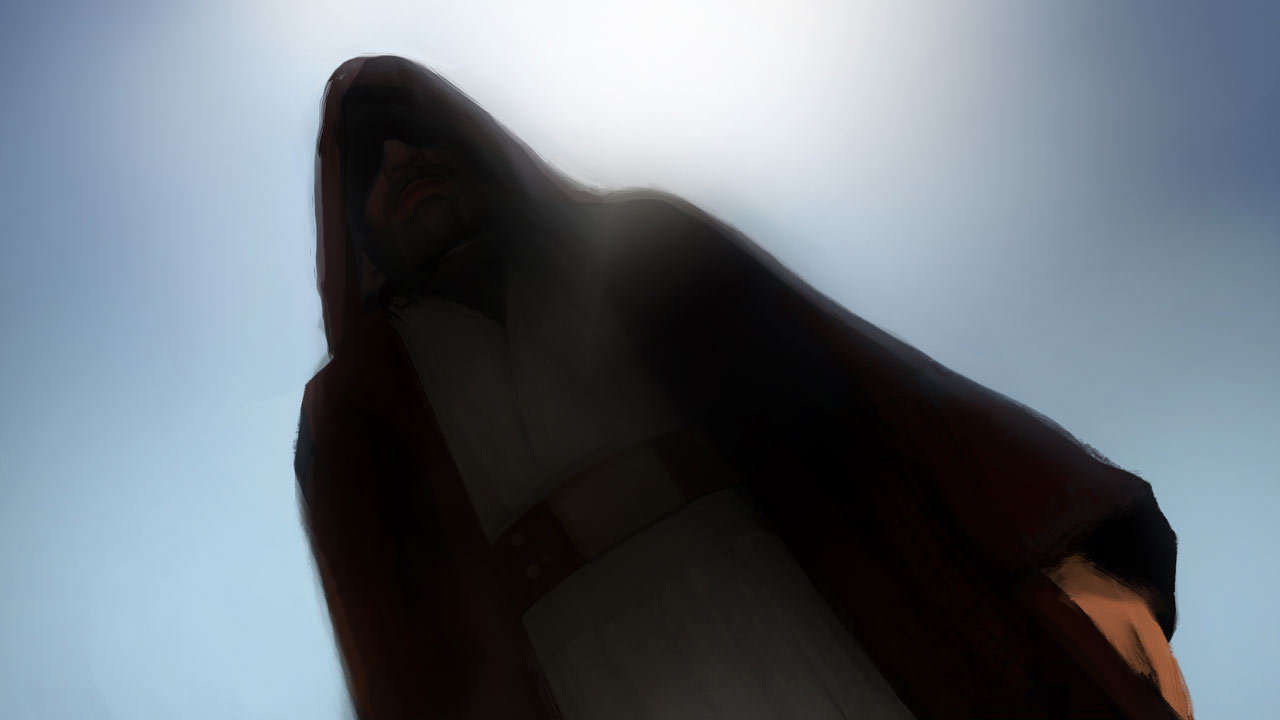
This week Ezra made some … not very smart choices. And I’m entirely okay with that. You may be aware that I’m not a fan of Ezra Bridger but I try to be fair in my absolute, resolute loathing and I have to admit that it wasn’t such a bad thing when he disobeyed his friends’ wishes (and possibly went against military orders). It wasn’t bad when he stole a military training aircraft and potentially left them vulnerable – in the sense that his absence could have tied up rebellion resources previously earmarked for site defence or some such task. Not only that but he goes off to save someone he doesn’t even know, for sure, to be alive, as well as stop a former Sith – one who’s both much stronger and more powerful than he is, as well as one with an odd complex about Ezra being his apprentice. I’m entirely okay with it. I’m also entirely okay with Ezra just walking away from it all with nothing more than a paternal pat on the head. Did that seem weird to anyone else? That he just leaves after having discovered a long-believed dead Jedi, and does so without even knowing how the fight ended? And beyond that, that the resolution to his series-long desire came to little more than a ‘you already have what you need’, an answer so cryptic and vague that it makes fortune cookies seem actually helpful, and a response that amounted to ‘welp, I got played by Maul. Again. I should really learn that lesson right about … now.’
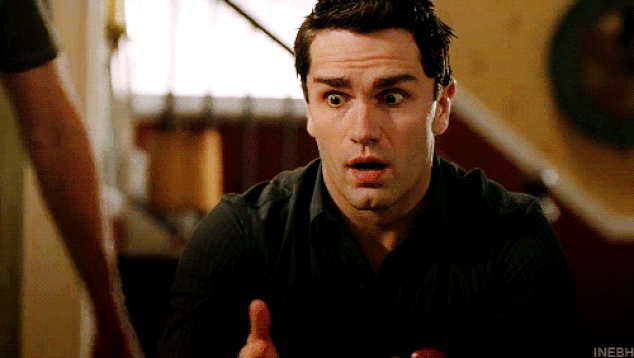
Off-topic but: I’ve been waiting to use that gif ever since the end of the last series. Worth. The. Wait.
But seriously, I am okay with it. I wasn’t at first; I thought it was particularly egregious and loose writing – but the more I thought on it, the more sense it made. Not the being an idiot (and essentially getting away with it) bit in the beginning, but the paternal pat on the head. Why would Ezra accept what Obi Wan says, just like that? Well, for a start, Obi Wan Kenobi is a legend to Ezra. It is Obi Wan’s face and voice that started Ezra on the path to Jedihood, that introduced him to the ways of the Force. Over the months and years, he’s probably had his ears talked off by Kanan and Rex, had his head filled with stories of adventures (if a galaxy devastating war could be called such*) from times gone by. More than that, Obi Wan represents the golden age of the Jedi and of the Republic – or at least a rose-tinted version of that past. As a child of the age of the Empire, all Ezra has known is the brutality and control and corruption of the Empire. When he thinks of what came before it would be all too reasonable for him to think of that as a purer time, a simpler and more peaceful time. A time of honour and decency and sage wisdom. Of course Obi Wan wouldn’t lie to Ezra. He’s a Jedi from that era, he represents the very epitome of that time and wouldn’t sully himself with falsehoods – is what I believe Ezra’s thought process to be. So when Obi Wan says ‘what you’ve dedicated so much to looking for, what you’ve pinned all your hopes and dreams on, is a lie’, it’s not that bad a blow – or rather, not as bad as it could have been if it had been anyone else, even Kanan, to have said so.
Crucially, it also contributes to the infantilisation of Ezra. His dismissal echoed that of a child being sent to their room and the atmosphere between Obi Wan and Maul as chilly as that of parents staring each other down, gearing up for the mother of all arguments. In doing so it minimises Ezra’s importance in that moment as well as demonstrating, wordlessly, just how little power Ezra truly has when compared to these figures of legend. In terms of power he really is a child, insignificant and hopeless in the face of those capable of wielding the Force skilfully and with all their might. He is no Vader or Palpatine. He cannot hope to face them and survive.
He’ll still give it a go, though, even if it costs him everything. Because what’s a rebellion without a little bit of hope?
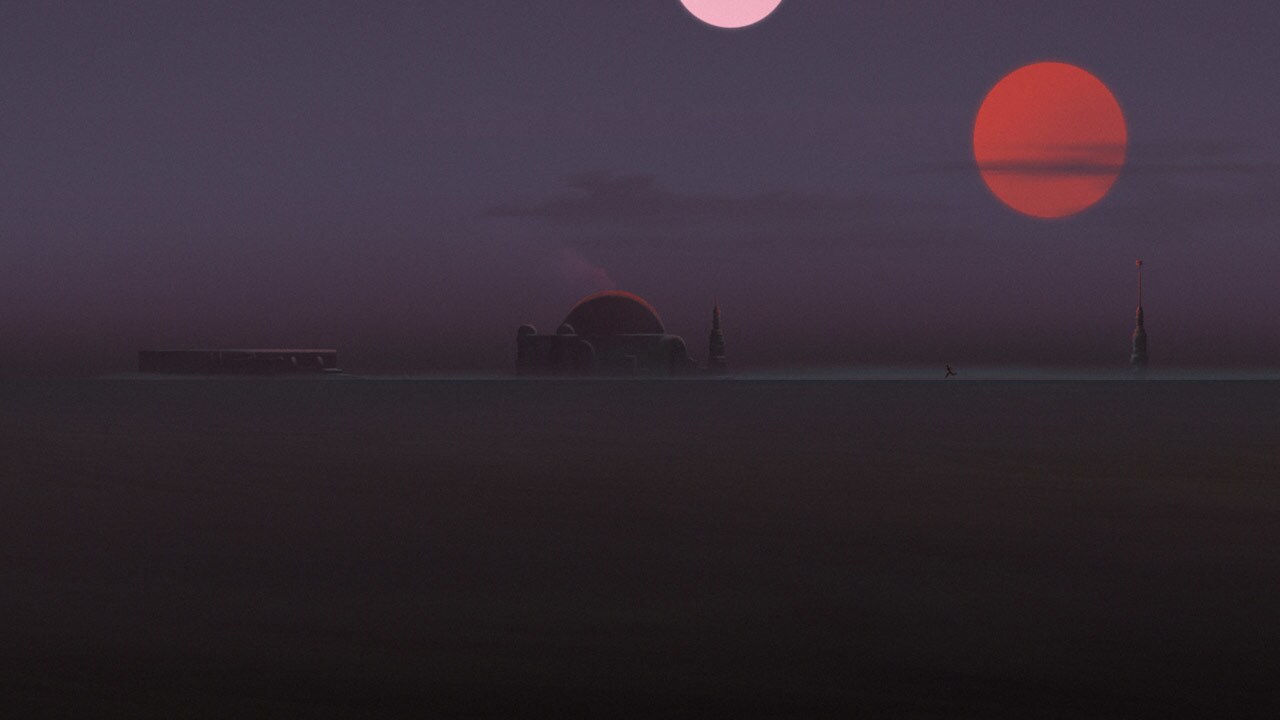
Fateful Duel
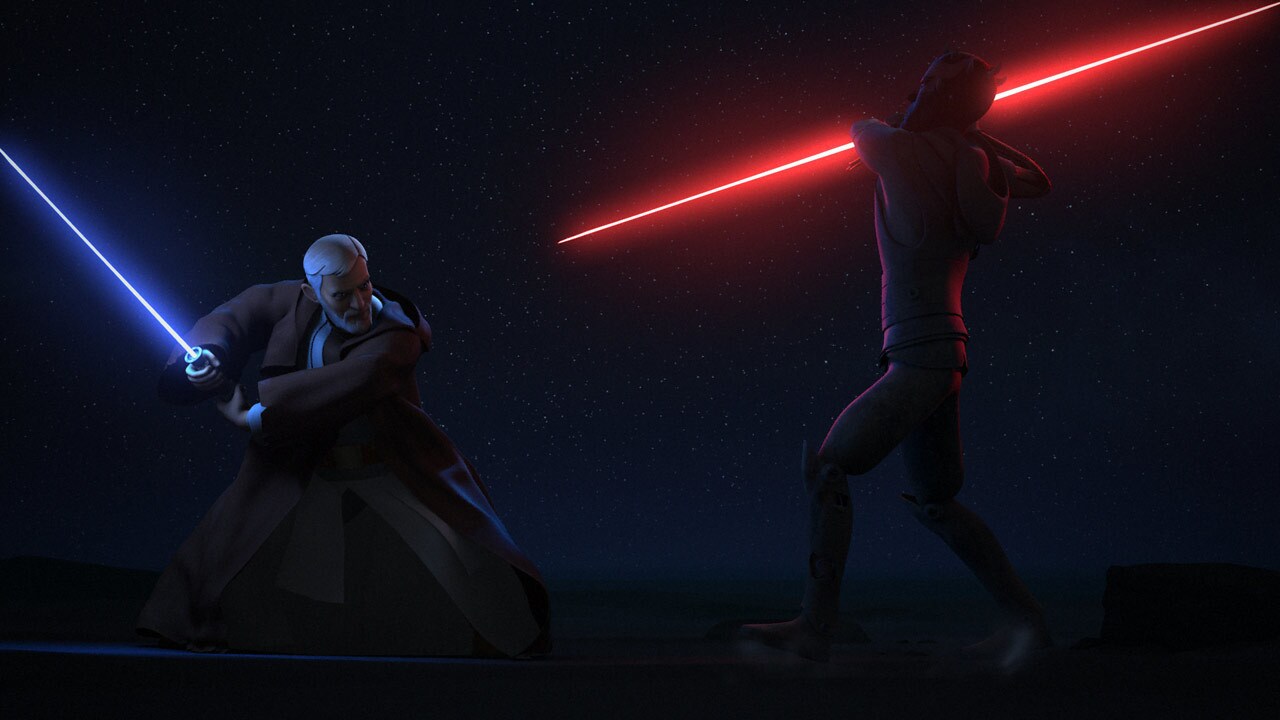
Again, I must urge you to watch Rebels Recon, if you haven’t already. At the same time I must curse it out because by going into such detail it robbed me of much of the insights I had written in my notes. Da-darn you to heck, Andi Gutierrez. Darn you.
Speaking of things that seemed strange and out of place: that was a weird duel, wasn’t it? In terms of Star Wars duels, yes, in that it’s short (only three moves). As RRecon notes, though, it’s much closer to reality – in that most duels last a matter of seconds. Check out this video – wherein three Olympian fencing masters take on 50 opponents all at once. Notice, first, that the masters begin by running away – and spend most of their time running and avoiding battle. Notice, too, that the majority of the fight is spent in little skirmishes, flurries of attack and defence, before moving on. Notice, lastly, that when an opponent is finally defeated it is after only a few exchanges? Hell, for many opponents their defeat is brought about by a single attack – outdoing Kenobi by two moves.
Well, he is a little rusty, after all.
Speaking of which, there were probably other, more mercenary, reasons for the shortness. Time and money for production, perhaps, though I don’t know anything about that. But more importantly there was also the matter of influence; as Filoni states in RRecon, they had looked at Akira Kurosawa’s Seven Samurai. Specifically, they took as inspiration the first duel of the film. What wasn’t said, though, was what else they took from the film, and that was the consequence. In Channel Criswell’s excellent video essay Drama Through Action, Criswell explains how Kurosawa took great pains to show the fallout of each fight – and by that I mean the emotional impact, the change in battle dynamics and yes the death of the bad guy. In (some) modern films, Criswell says, the focus is on the hero – and often to an almost fetishistic degree. This robs us of the impact of the fight and any meaningful understanding of what that impact means in the larger context of the battle. By showing the consequences, by focusing on the bad guy, the hero is automatically rooted into reality – because in reality when the hero wins the fight, someone dies.
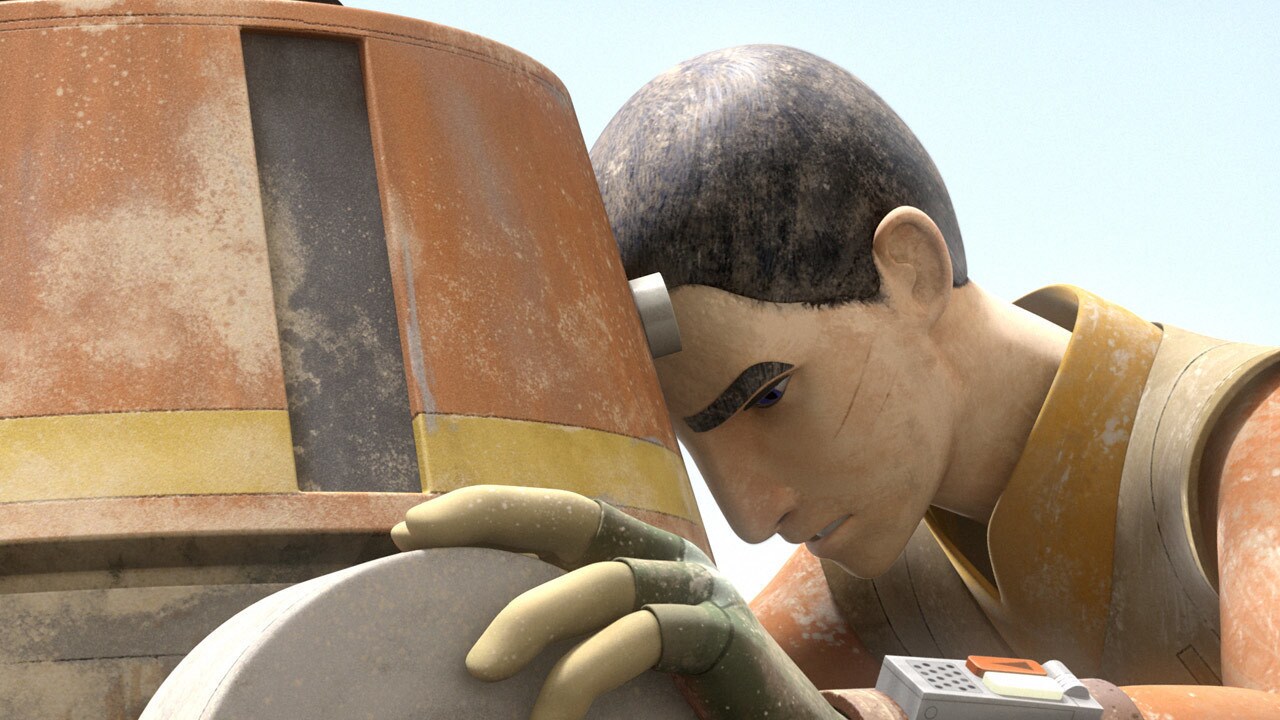
But let’s move on from realism. Let’s forget all about that (I mean, don’t, because I put a lot of time and effort into thinking that up); forget about realism because this is a story. It’s not a real fight. In a real fight, for example, you don’t know if you’re going to win or lose. But here? You can be certain that Obi Wan knew. He knew before he even ignited his saber – but I’ll get to that in a moment.
The fight itself showed how far Obi Wan had come; once a humble apprentice who took on and defeated the first Sith in a thousand years, he has matured into a very capable warrior – but also a wise one. He is not one who is troubled by his past. Rueful, sure, wishing that things had turned out differently. But by and large he has accepted it and is at peace with it. At the same time the fight shows us that Maul – for all that he’s evolved from a two dimensional character to a fully fleshed out one, first in the Clone Wars and now in Rebels, as a person with thoughts, desires, motivations, pain, fear and regrets of his own – hasn’t. He’s still living in that one moment, thirty years ago (for him, twenty for us). He’s still living in that moment, probably has been replaying it in his mind every day since, and he’s finally getting the do-over that he’s been aching for. Which of course is understandable, since he lost a big part of himself that day and of course he’d be mentally scarred by it.
This history and these mind sets matter much more than choreography. The actions themselves don’t matter. The duel is an afterthought to them, and it should be to us. It doesn’t matter how long it was or how many somersaults they did. Maul was dead the moment he confronted Obi Wan at the fire. Obi Wan knew that; he may not have wanted the fight but he knew it. That’s why he didn’t ignite his blade until he had no choice but to do so – because even in the moments before then he still clung to the hope that Maul would gain his own peace, rather than to rest in peace. It was a vain hope and both he and we knew that. Even to just look at Maul would be to see a broken man, trapped in his own past. Obi Wan was always going to win this fight and he knew it – because Obi Wan had accepted things as they are. In that moment, he knew and who he was; he knew and accepted who Maul was. Maul, meanwhile, was, as I said, stuck in the past. He may have understood who he was in the present, but the Kenobi he wanted to fight was the Kenobi of the past, not the one of the present. Even as he recognised that the Kenobi he saw before him had changed (they had different voice actors, for a start) it didn’t matter because he went into that fight thinking he was weaker than the Obi Wan of Episode I, and as such he could simply redo that fight, essentially fight the Obi Wan of his memory, rather than adapt to the reality before him. And as a wise man once said, if you’re fighting your memories you’re destined to lose.
That wise man was me, by the way. Just so as we’re clear.
Author: Michael Dare
Michael Dare is a writer, lives in the UK, and has been slowly coming to terms with the realization that he is not Sherlock, but Watson. He loves Star Wars, dislikes blue milk. Enjoys jumping sharks. Survives on the tears of sexist men, and cheeseburgers.
